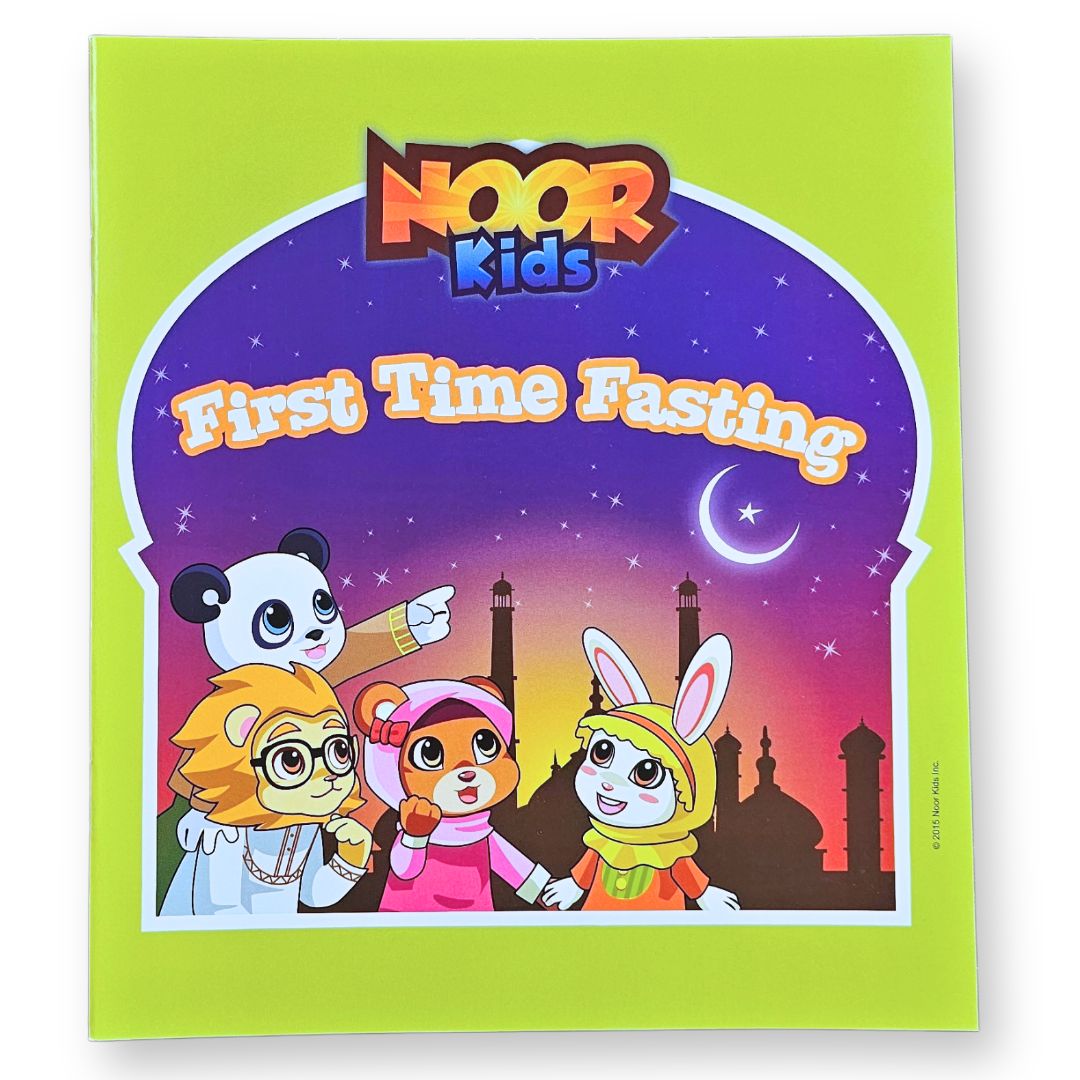09. First Time Fasting
"So, tell me again... why is it that you fast?” Growing up in the United States, I was routinely asked the simple question during the Holy Month of Ramaḍān. The answer, however, did not always come easy. On a basic level, the answer is that Allah (SWT) asks us to. But on a deeper level, it has to do with gaining self-control and instilling gratitude.
Self Control
Fasting creates a thirst that could be quenched if an individual gives into his or her desire to eat. But, by waiting until sunset, he or she builds a capacity for self-control. Such self-control empowers individuals to think twice about actions, allowing them to resist lowly base desires. The Holy Qur'ān establishes this idea, mentioning that fasting has been prescribed so that we may “learn self-control” (2:183).
In the first story, "Amin's Half-day Fasts," Amin learns that fasting (even if just for half a day) can help him develop self-control. He uses this self-control to get rid of his anger problem.
Gratitude
In addition to self-control, the Holy Qur'ān indicates that fasting creates a spirit of gratitude (2:185). When our tongue is dry and lips are parched, we feel the pangs of hunger in our being. But, by the grace of Allah (SWT), most of us have the means to break our fast, tasting the sweetness of water at sunset. However, the hunger that is felt during the day inspires one to imagine the challenges that others who are less fortunate must endure. In doing so, it creates a spirit of appreciation and thankfulness for our blessings.
In the second story, "Too Little Thanks," Shireen begins to appreciate her blessings only after they are taken away. Because of this gratitude, she develops a spirit of giving to those who are in need.
---
Published: August 2015
Research: Armaan Siddiqi
Creative Developers: Elizabeth Lymer
Art Direction: Annie Idris
Editors: Sana Aaser & Amin Aaser




